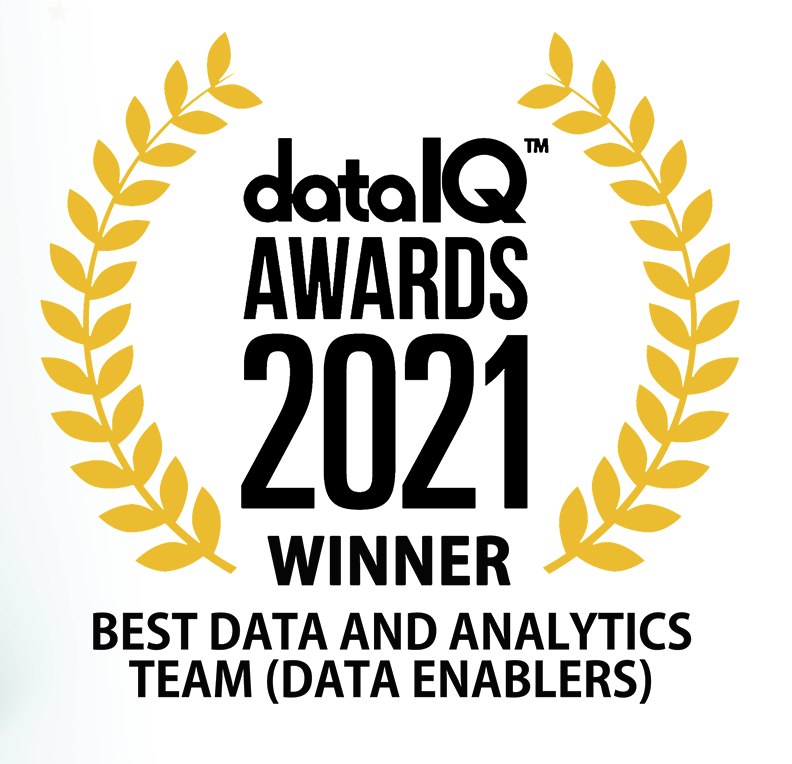In a nutshell
Director in Aerospace and Maritime, Camilla Wigmore, explores how defence manufacturers can optimise their performance.

WRITTEN BY
Camilla Wigmore
I have always been passionate about manufacturing; how it contributes to the world, produces the products that we use every day or that keep us safe and connected, and increasingly help us to be as efficient as we can be in the energy that we consume. Throughout my education and career, I have worked across a variety of manufacturing environments, and have always been fascinated by how organisations optimise their performance. At Newton, I specialise in defence manufacturing across aerospace and maritime, supporting some of the largest engineering and manufacturing organisations in the country to improve their operational performance.
Challenges and opportunities
There are some key challenges facing UK defence manufacturing: material cost increases, inflation, the impact of skills shortages and labour challenges (particularly in high integrity manufacturing environments with very specialist skill sets); trying to balance growth and innovation with delivering on net zero commitments. The response to today’s geopolitical challenges is nowhere felt more keenly than in defence manufacturing. Across all the environments we work with, we see increased pressure on availability of the best equipment and the demands on the maintenance and availability of in-service fleet.
Strategically, our clients have shareholders to respond to, and need to deliver for their customers. How do they go about driving the efficiency and the improvements that they need, given the challenging context and high customer expectations?
There are two big questions that industry should ask in order to create the right circumstances for excellent delivery: how can manufacturers use digital and big data to best serve the sector? And, how can they engage their people to maximise the impact of digital? In my experience, the organisations which best set themselves up for success embed the right digital innovation alongside their current ways of working, targeting the use of digital where it matters most, fostering a culture of getting the most value out of both their people and their technology.
How to use digital to best serve defence manufacturing
I see two big applications for digital to turbo-charge the manufacturing sector. First, the automation and digital capabilities that we can build into our processes. This means automation with equipment and looking at the connectivity of equipment and people, and how they work together. The second is how we harness the potential of data sets and the data-rich environment that manufacturing boasts, to really optimise performance and drive the success of future outcomes.
Some of the work we’ve been doing recently is in predictive decision-making, helping defence manufacturers make the best use of their data sets by linking data across production processes and functions, to really understand performance and bottlenecks. We’ve also used data sets to learn from previous programme decision-making and equip leadership teams with the ability to make the right decisions as they go into to future programmes.
We use these big data sets to build simulation models and digital twins that allow us to scenario-plan. We can understand potential outcomes that might occur in complex build programmes, which allows build teams to make informed, strategic decisions, as well as enabling alignment around future outcomes. This ability to ‘sandbox’ operational scenarios can also unite leadership teams around the impact of their decision-making, which is another step towards a data-driven culture where focus can sit more in the future, rather than the challenges of the here and now. Newton has real expertise in availability modelling for stockpiles. It’s exciting to now see the applications of this capability in the manufacturing space and the impact it can have.
The question around automation and human skills is still very research-led. There’s a lot of investment from the big defence manufacturers but there should also be onus on ensuring its relevance to a production context. During the recent Digital Manufacturing Week Exhibition, what stood out to me most was the array of choices leaders are faced with when it comes to investment in technology. So many of the products in the market offer enhanced connectivity and better outcomes, but the question for each organisation should still be: what will actually drive value for my business?
Newton’s view is to pinpoint the thing that really matters – the process which will reduce waste or improve efficiency – and improve it with the right, specific technological tool, rather than investing in sweeping digital innovations which sit over everything. Our programmes have measurable impact from supporting sustained implementation, in turn driving the ROI.

How to use your people to make the most of digital, and digital to make the most of your people
There is an acute skills shortage across certain areas in defence manufacturing. There’s so much growth but this comes with pressures of delivery, and businesses are constrained by the availability of the right skills into factories and key enabling functions.
We see organisations we work with recognising the need to improve their employee proposition and improve their organisation culture to ensure they retain and attract the best talent. Culture and the way people work are extremely important for how organisations can respond to performance requirements.
In Newton programmes, we’ve been able to create data linkages between staff engagement levels and the performance of the teams, as well as measuring the impact that people have and understanding what’s really blocking them from doing the best day’s work that they can do. These unique methods of understanding – digital twins or organisational replicas which use the same ‘sandbox’ approach to allow leaders to test different organisational design scenarios – truly show the value that each individual can create for their organisation. We’ve also done a lot of work across several large defence manufacturers on how they structure their organisations to really maximise the value of their people, and enable people to focus on delivery, and creating value for customers.
Across a lot of environments, we see people often not able to do the work they need to do because they are not set up for success by the rest of their organisation, they don’t have the right equipment, parts, or information. So, they’re not able to maximise their productivity. How do we fix that problem, which then feeds back into those people feeling more empowered and therefore contributing to value-creating for the business to the best of their abilities?
It’s about creating visibility of the challenge in the right places; giving management teams the right information that shows them the root cause of the problem. We equip management teams with the behaviour, skills and training to unblock these problems for their people. We bring a unique understanding and clarity on performance, allowing the leadership to have an undiluted view of what is actually hampering performance across the factory or the build line. This very often comes back to having the right data, showing how well people are enabled to perform at their best.
We strongly believe in creating a linkage between data and the impact of individuals, and the outcome an organisation is trying to achieve. Being able to communicate this back into the workforce creates further engagement and commitment, building on the pride those people already have in their contribution to defence manufacturing, and therefore protecting the UK.
Striving for excellence
In spite of the many challenges currently facing defence manufacturing, I’m really excited about helping leaders to make key decisions: where to invest in technology, how to set up their businesses to get the best out of their people, and how to maintain a culture which embraces both. These come with massive opportunity but also massive complexity, and at Newton our first objective is always to bring clarity to these challenges by creating a data-based understanding of what really drives organisational performance.




